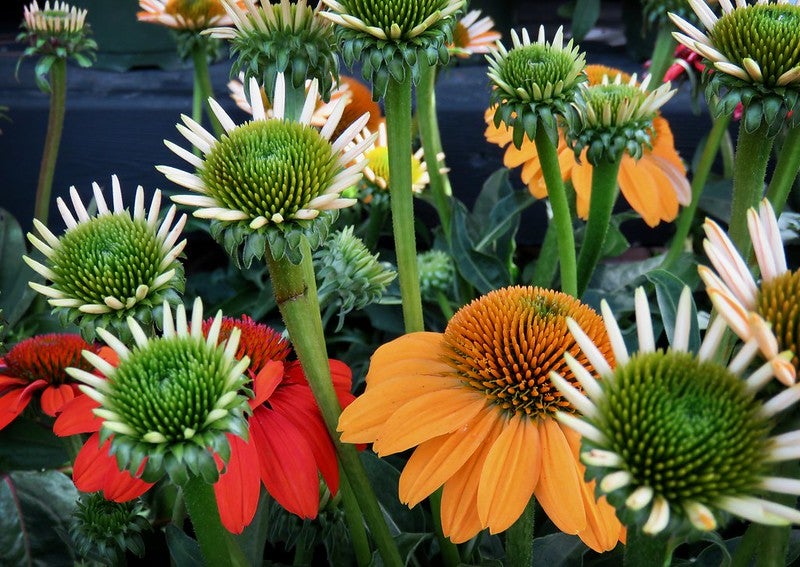Gardeners are always looking for new and interesting plants. If you can eat their fruit all the better! Our guest tells us about her recommendations for new plants, take your gardening questions.
Featured in this Show
-
Horticulturist: Plants That Bear Fruit With Minimal Effort
Growing fruit in one’s backyard is appealing for gardeners but knowing what care and conditions the plants require is key, according to a Wisconsin horticultrist.
Horticulturist Lis Friemoth said it’s important gardeners know what they want to accomplish in their garden.
For example she said, “People who don’t like chemicals are not going to be happy raising apples that traditionally need a lot of spray.”
Most gardeners don’t have the time nor patience to raise finicky plants, she said. Friemoth said knowing what one is planting, finding out the type of soil it needs, what sun exposure is best and how large it will grow before planting makes all the difference.
Her recommendations for easy to grow fruit bearers include:
- Pears – Friemoth said these usually have a decent crop and are disease resistant.
- Honeyberry – it has fruit that look like an elongated blueberry but has a very unique taste. Friemoth said these plants need to be planted in twos for pollination to happen. They are very cold hardy.
- Goji berries – a great plant that is easy to grow and the fruit is very nutritious. Freimoth warns that the plant does have thorns, and to take that into consideration when deciding where to plant.
- Juneberry or Saskatoon berry– these native North American plants do well where blueberries are hard to grow and have similar taste to that well known berry. She said the biggest problem is beating the birds to the fruit.
- Quince – this easy to grow tree produces fruit that has a floral flavor. Friemoth said the large, pear like fruit needs to be cooked whole, since the raw fruit is inedible.
- Aronia or choke cherry – another North American native, it has ornate flowers and fruit that is tart and most often used in juices, wine and jelly.
- Currents and gooseberries – these plants are very similar and have been crossed to produce josta berries, another of her recommend plant. Friemoth said gardeners should make sure to keep these plants away from white pine trees, proximity can lead to white pine blister rust.
- Medlar or open arse fruit – this ancient cultivar can only been eated after a hard frost or after being stored in a cool location over the winter. She said the fruit can look spoiled when it’s ripe, but that’s the perfect time to eat it. According to Friemoth it has a custardy apple taste.
Friemoth also had recommendations for fruit bearing plants that will work in shaded areas:
- Blueberries – these can be difficult to grow if you have the wrong type of soil and she recommends growing them in containers so the soil is the correct ph.
- Paw paw – these native plants have a large yellow fruit that have a custard consistence. Pollination can be a problem. Friemoth says the blowflies that appear on dead fish are the species needed for fruit to develop. She also recommends planting more than one tree.
- Winterberry – a type of holly, this plant’s fruit is only ornamental but the berries stay bright red into the winter.
- Spice bush – this fragrant plant has olive shaped fruit that can be dried and used as a spice. It also attracts butterflies.
Friemoth said most fruit bearing plants take three to four years to produce and some may take even longer.
Episode Credits
- Larry Meiller Host
- Jill Nadeau Producer
- Lis Friemoth Guest
Wisconsin Public Radio, © Copyright 2026, Board of Regents of the University of Wisconsin System and Wisconsin Educational Communications Board.

